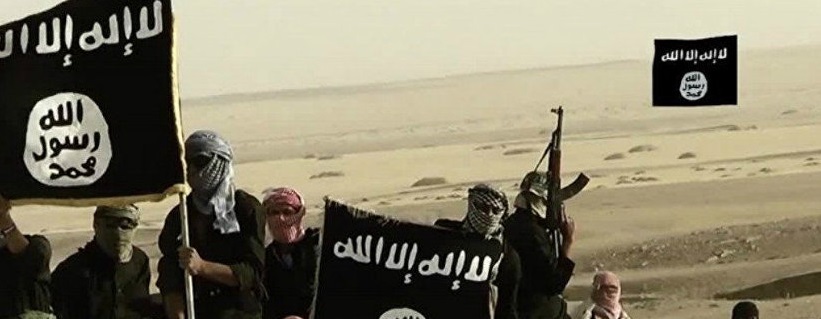It’s a big first, because until now, French jihadists were tried only for terrorist offenses. France’s national anti-terrorism prosecutor’s office has instructed investigating judges to investigate suspicions of crimes against humanity committed by the Toulouse terrorist Sabri Essid, reported French weekly L’Express.
The man is accused of “genocide” and “crimes against humanity”, for abuses committed against the religious minority of Yazidis between 2014 and 2016.
However, this son of a companion of the mother of another jihadist Mohamed Merah has been presumed dead for a year and a half. The unofficial magazine of the Islamic State had announced the death of the “half-brother”, the author of the attacks of March 2012 in the Toulouse region.
Associations, including the International Federation of Human Rights Leagues (FIDH), called for an extension of the suspicion of crimes against humanity. Judges will be looking into his “crimes against humanity” and the court of Paris will henceforth continue the investigations.
Despite the possible death of the jihadist, a trial could still take place, offering victims Yazidis the opportunity to take civil action.
This Kurdish-speaking religious minority in northern Iraq was massacred by the thousands by ISIS forces in August 2014. Many women and adolescent girls were abducted and reduced to sexual slavery.
Sabri Essid joined the terrorist organisation in Syria at that time. He was identified in March 2015 in a video broadcast by ISIS, in which he is seen with his 12-year-old son-in-law shooting a Palestinian in the head.
In 2006, he had already been intercepted by the Syrian army together with Thomas Barnouin, another figure of French jihadism, while the two men were traveling to Iraq.
They were brought back to France, and were sentenced in 2009 to five years in prison, alongside other infamous figures of the Toulouse clique. Among them, were the Clain brothers, who left for the jihad as soon as they had finished their prison sentences.
“This is a significant and unexpected advance,” said Patrick Baudouin, Honorary President of the FIDH, joined by AFP. “The characterization of crimes against humanity will us allow to gather more testimonies of victims, also widen and deepen the investigations, while going up the chains of command,” he explained. “It also has educational value for public opinion, given the scale of these crimes that have been planned on a large scale.”













No comments.
By submitting a comment you grant Free West Media a perpetual license to reproduce your words and name/web site in attribution. Inappropriate and irrelevant comments will be removed at an admin’s discretion. Your email is used for verification purposes only, it will never be shared.